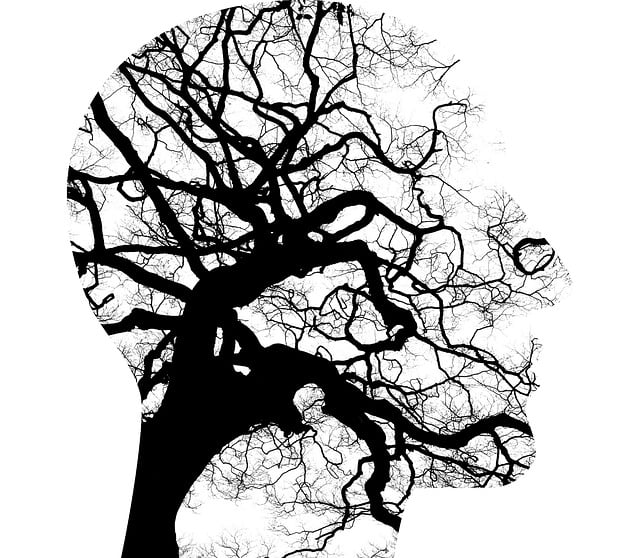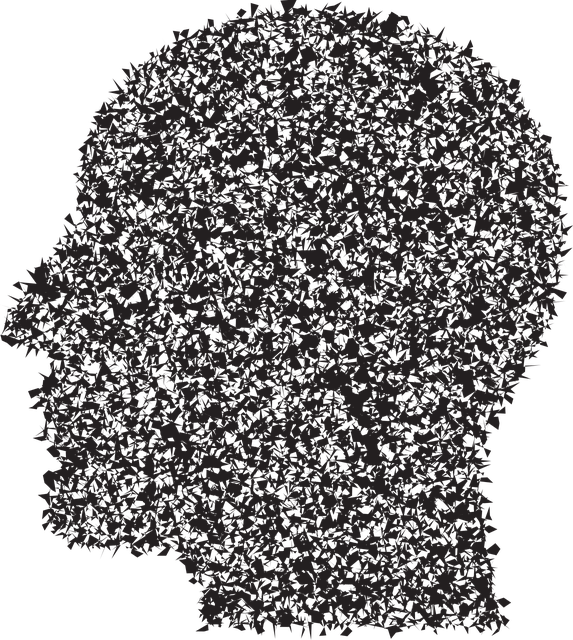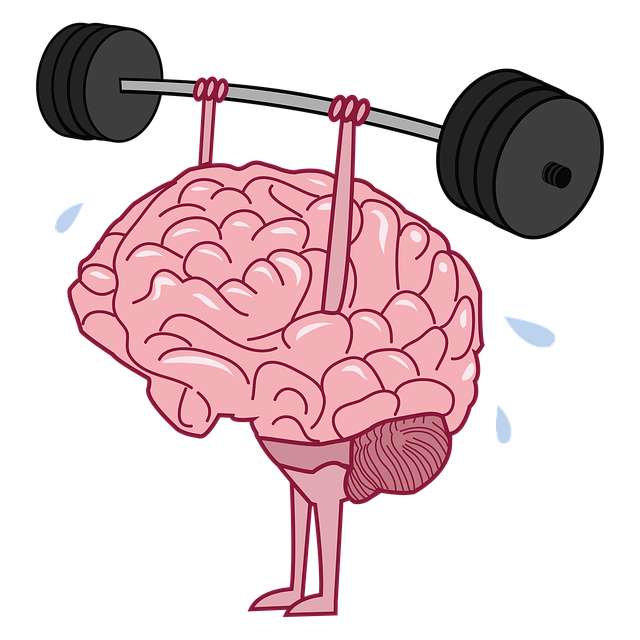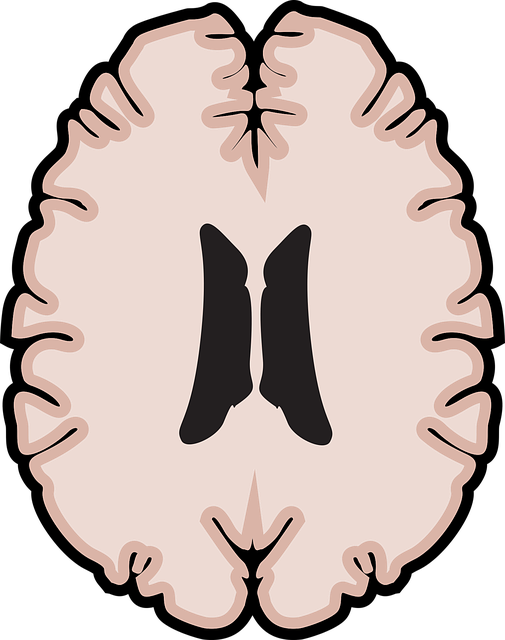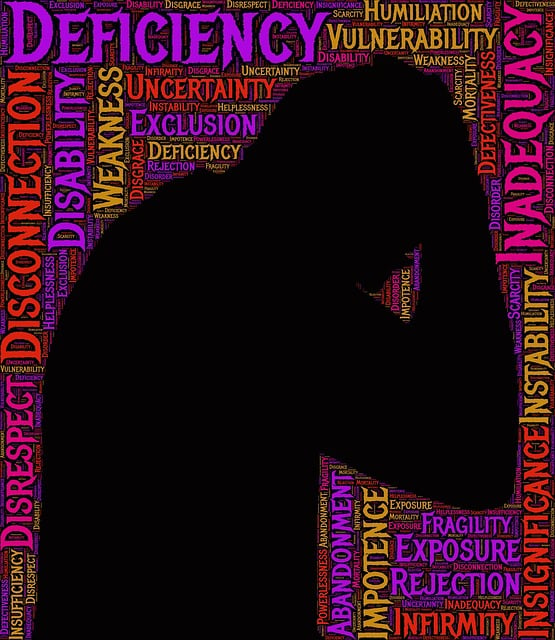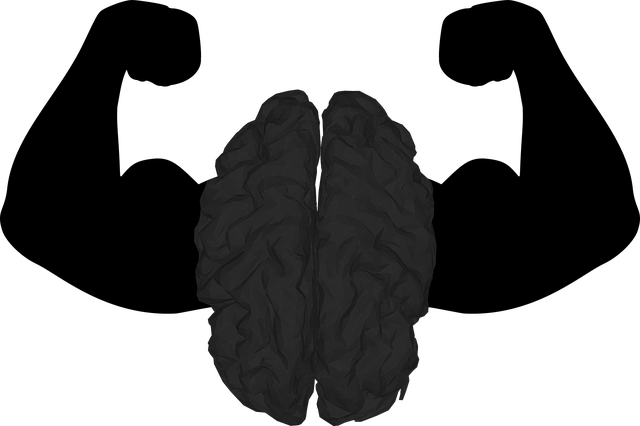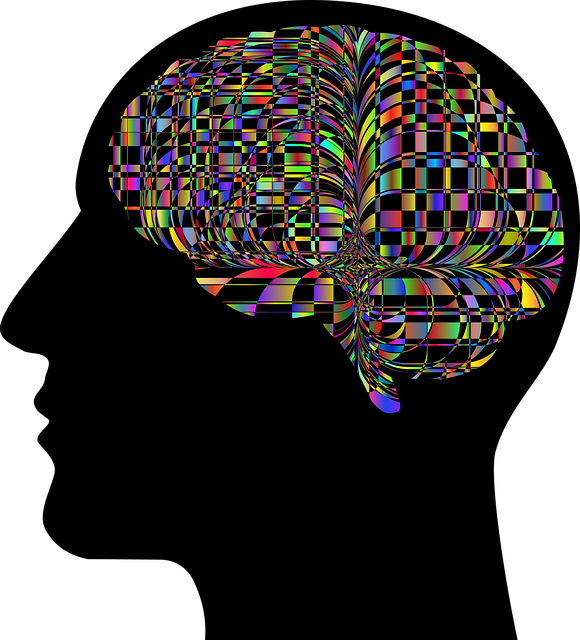Interpersonal issues among older adults significantly impact their mental wellness and quality of life, leading to feelings of isolation, loneliness, or social anxiety due to retirement, loss, or reduced mobility. Journaling is a powerful tool for elders, providing therapeutic space to reflect on relationships, emotions, and experiences, fostering self-awareness and coping strategies. Structured mental wellness journaling exercises help identify stress triggers, track moods, and develop positive thinking, affirmed by organizations focused on stress management. Incorporating journaling into interpersonal therapy offers a safe space for emotional healing, processing complex issues, and gaining insights into behaviors and patterns, ultimately enhancing confidence and overall mental wellness in seniors.
Mental wellness journaling is a powerful tool for older adults navigating interpersonal issues. This article explores how expressive writing can serve as an effective therapeutic method, particularly in addressing the unique challenges faced by this demographic. We delve into understanding interpersonal problems prevalent in later life and present practical journaling exercises to foster emotional healing and improve mental well-being. By integrating these practices into interpersonal therapy, we aim to empower elders with sustainable coping strategies.
- Understanding Interpersonal Issues in Older Adults
- Journaling as a Therapeutic Tool for Mental Wellness
- Implementing Journaling Exercises for Effective Interpersonal Therapy
Understanding Interpersonal Issues in Older Adults

Interpersonal issues among older adults can significantly impact their mental wellness and overall quality of life. As people age, changes in relationships with family, friends, and peers can create unique challenges. Many elders experience feelings of isolation, loneliness, or even social anxiety due to various factors such as retirement, loss of loved ones, or reduced mobility. These interpersonal dynamics often require understanding and addressing through therapy for elders focused on these specific issues.
Journaling can be a powerful tool in this context, offering individuals the chance to reflect on their relationships, emotions, and experiences. Self-care practices like journaling encourage self-awareness exercises that help elders process complex feelings and memories related to interpersonal struggles. By documenting thoughts, they can gain valuable insights into their emotional states, identify potential triggers, and develop coping strategies—all essential for maintaining mental health, especially when considering risk management planning in a professional setting.
Journaling as a Therapeutic Tool for Mental Wellness

Journaling has emerged as a powerful therapeutic tool for mental wellness, offering a safe and intimate space for individuals to explore their thoughts and emotions. For elders navigating interpersonal issues, this practice can be particularly beneficial. By putting pen to paper, they can process complex feelings, gain perspective on challenging relationships, and cultivate resilience. The act of journaling provides an opportunity for self-reflection and self-care, allowing seniors to tap into their emotional well-being and find healthy coping mechanisms.
Through structured mental wellness journaling exercises, elders can learn to identify triggers for stress and anxiety, track their moods, and develop effective strategies for managing interpersonal conflicts. This process encourages emotional awareness and promotes the use of positive affirmations and problem-solving techniques. Moreover, participating in such workshops led by organizations focused on stress management can foster a sense of community and belonging, providing elders with a network of support while building resilience against mental health challenges.
Implementing Journaling Exercises for Effective Interpersonal Therapy

Incorporating journaling exercises into interpersonal therapy can be a powerful tool for helping elders navigate and overcome their mental health challenges. By encouraging reflective writing, therapists facilitate emotional healing processes that allow individuals to process complex interpersonal issues. Through regular expression of thoughts and feelings, clients can gain valuable insights into their behaviors and patterns, fostering self-awareness and personal growth. This practice is particularly beneficial in therapy for elders, as it provides a safe space to explore memories, relationships, and life experiences, ultimately boosting confidence and improving overall mental wellness.
Journaling also plays a significant role in the development of effective mental wellness coaching programs tailored to the needs of seniors. By guiding them through emotional healing processes, therapists can assist individuals in identifying and challenging negative thought patterns and beliefs. This proactive approach not only enhances coping mechanisms but also contributes to the overall well-being and quality of life for elders, ensuring they remain independent and engaged in their communities.
Mental wellness journaling can be a powerful tool in addressing interpersonal issues among older adults. By integrating this practice into therapeutic sessions, professionals can facilitate meaningful self-reflection and enhance communication. Journaling exercises tailored to interpersonal therapy enable elders to express their thoughts and emotions, fostering improved relationships and overall mental well-being. This simple yet effective method has the potential to revolutionize care for older adults, offering a unique and accessible approach to managing interpersonal challenges.
